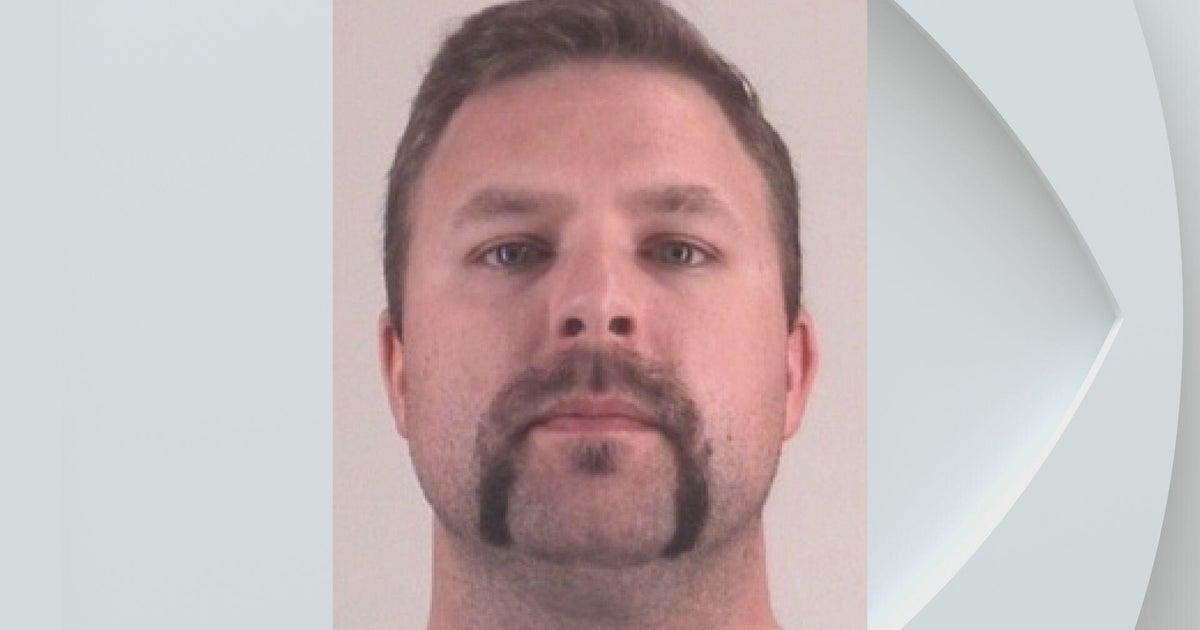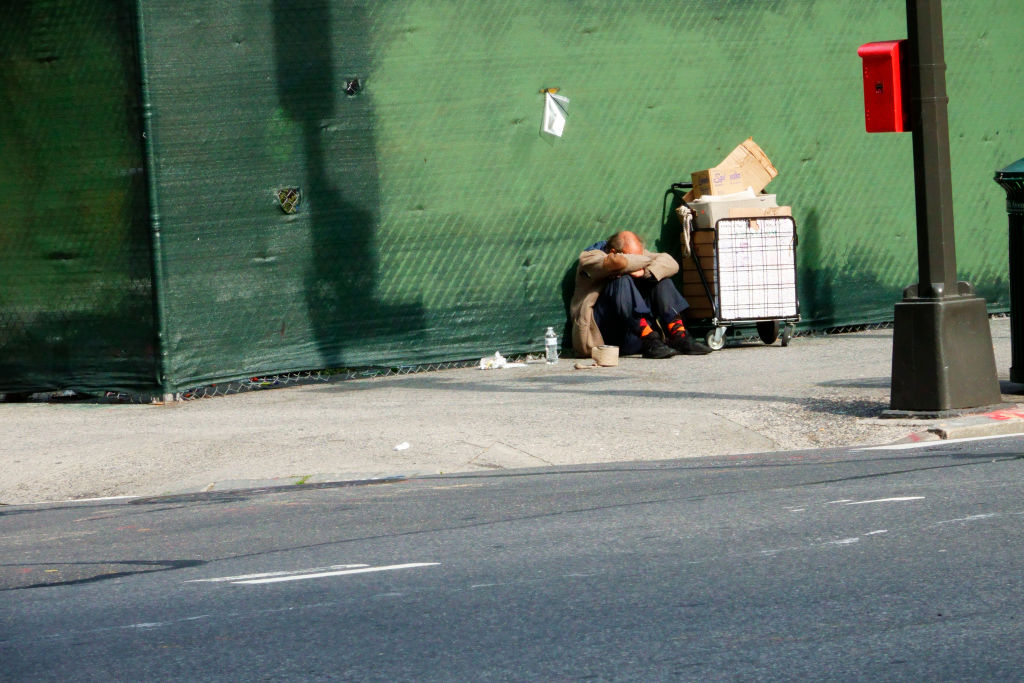Pioneering L.A. program seeks to find and help homeless people with mental illness
Recent figures show more than 75,000 are living on the streets in Los Angeles County, a rise of 9% since 2022. Many of them are experiencing some kind of mental illness, which can be intensified by the stress of not having a home.
Now, one pioneering program is trying to help by seeking out patients — instead of waiting for patients to come to them.
It is difficult to get homeless people to visit mental health clinics or stick to a regimen of medication, said Dr. Shayan Rab, a psychiatrist and member of Los Angeles County Department of Mental Health's Homeless Outreach and Mobile Engagement (HOME) program team. That's why Rab and his colleagues take a different approach, bringing their compassion and expertise to the streets, where they form bonds and build trust with their patients – or clients, as they refer to them.
"Every once in a while, people in interim housing; they make a rapid turn. The bond with the team gets better. They start trusting us," Rab said.
The team's work is holistic. Along with diagnosing and treating mental illness, they work tirelessly to find people housing — permanent if possible, temporary if not — in an effort to break a cycle of deprivation, hopelessness and oftentimes, violence.
"If you're working with severe mental illness and you're working with chronic homelessness, treatment and housing need to be done simultaneously," Rab said.
The HOME team, which launched last year, is "relentless," Rab said.
"We are showing up every day because, you know, we know that homelessness will, can result in an early death," he said.
Mike, who asked to be identified only by his first name, spent the last 20 years living on Los Angeles' streets. He was a loner, surviving mostly on a daily morning burrito – a substantial meal, he said, that would keep the hunger pangs away for the rest of the day.
But with the HOME team's help, he started taking a combination of medications that kept him grounded and clear-eyed, more so than he had been in two decades.
After a course of treatment, administered when the HOME team would show up at his tent, the team found him a room in an L.A. care facility. He has now been living for almost a year, and has rediscovered old bonds. Rab located his estranged brother, Vikram. When the psychiatrist first called him, mentioning Mike's name, Vikram thought he was calling to tell him his brother had died.
"I'm glad there are these sort of people doing this sort of work for you," Vikram told Mike, when they spoke for the first time in years. Rab held the phone up for him so they could see each other's faces as they reconnected.
A sense of security and hopefulness is something that another one of Rab's clients, Marla, was longing for when she met Rab. She was, by her own admission, "a bit lost" after five years living on the streets, most recently in L.A.'s San Fernando Valley.
Rab met her regularly, providing her treatment, and she recently moved into sheltered housing.
"I feel that new promises are going to happen down the road," she said.



